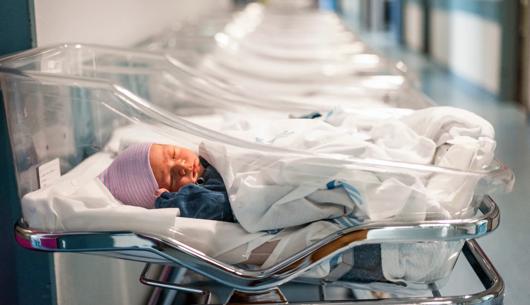Shared Insights: Maternity investigations – Early Notification Scheme & Healthcare Safety Investigation Branch
These insights were shared at our fortnightly online forum for NHS professionals on 2 June 2020. To find out more please visit our Shared Insights hub.
Sangita Bodalia, Head of Early Notification (Legal) at NHS Resolution explained how the Early Notification Scheme (ENS) works, recent changes to the scheme in light of Covid -19 and the impact of these changes over the next 12 months. Katherine Hawes (Head of Maternity Investigations North) and Bethan Phelps (Maternity Investigator) gave an overview of the Maternity Investigation programme at Healthcare Safety Investigations Branch (HSIB). Scott Hislop (Principal National Investigator) gave an overview of the role of the National Investigations team at HSIB.
The Shared Insights were:
- To reduce the burden on Trusts from 1 April 2020 Trusts report ENS cases to HSIB who will share information directly with NHS Resolution. There is no longer any requirement for Trusts to report to NHS Resolution via the ENS Wizard unless the family do not consent to an HSIB investigation
- Trusts are still required to report to HSIB all maternity incidents that fit the Each Baby Counts Criteria. However, HSIB willonly conduct a maternity investigation where there is evidence of neurological deficit/harm to the baby or the family raise a concern
- Trusts should inform families that the incident has been reported to HSIB and that HSIB will share findings with NHS Resolution, who will investigate where required
- Investigations are now being completed within 6 months but some investigations are taking longer. HSIB undertake quarterly reviews with Trusts to review all cases
- NHS Resolution will defer their investigation of all ENS cases until the HSIB Report is received, at which point the ENS clinical team and case manager will triage the case and decide whether or not a liability investigation is required
- NHS Resolution launched the new ENS Liability Protocol on 1 April 2020. This protocol encourages the use of ‘expert summits’ which allow counsel, experts from multiple disciplines, panel solicitors and Trusts to reach a decision on liability quickly and efficiently
- In a national investigation, the HSIB investigation does not replace the Trust SI investigation. The aim is for national learning to improve delivery of care based on a no blame/no liability approach
- To find out more, read NHS Resolution’s report on the first year of the ENS and HSIB’s March 2020 Report on themes arising from their maternity programme
Contact

Mark Hickson
Head of Business Development
onlineteaminbox@brownejacobson.com
+44 (0)370 270 6000



































